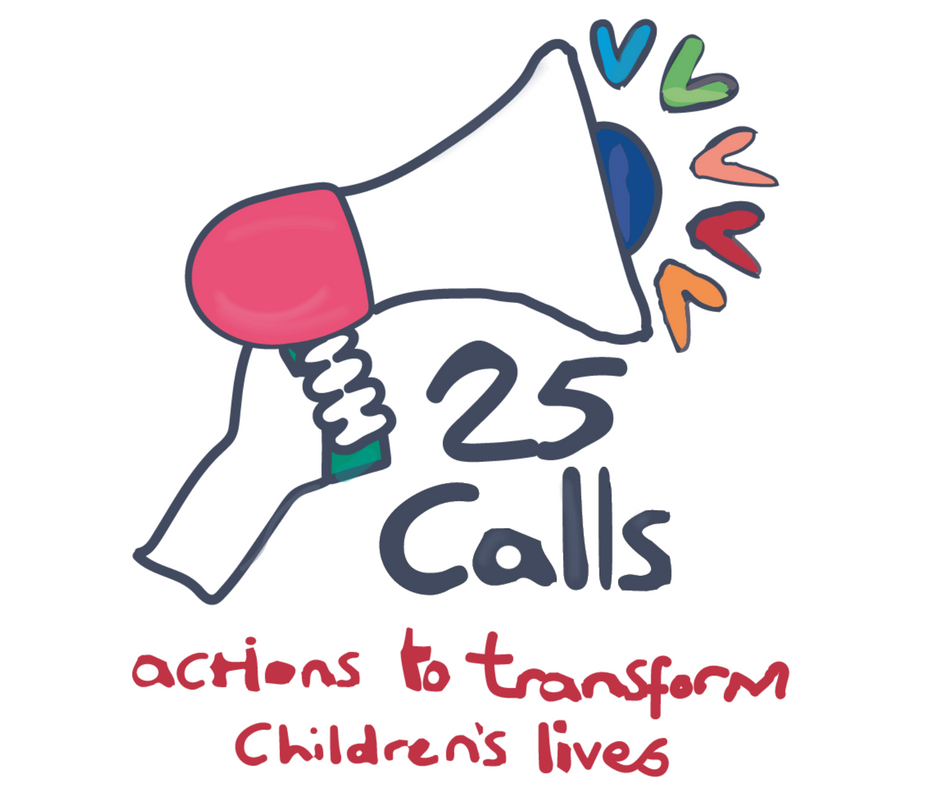Media Release
12 October 2022
Supportive relationships, appropriate housing, and adults transferring decision-making power are key to securing good outcomes for care experienced young people, according to a report published today.
The report marks the conclusion of the evaluation of the Home and Belonging (H&B) initiative, led by Children in Scotland and Staf (the Scottish Throughcare and Aftercare Forum).
The initiative challenged the status quo which sees many care experienced young people endure broken tenancies, isolation in the community and spells of homelessness.
Managed at the outset by the Life Changes Trust, H&B funded 11 projects to explore innovative ways of providing housing support to those with experience of care as they moved into their first home. It aimed to improve experiences of home, connections in the community and transitions from care.
Click here to download and read the Final Report
The report identifies the following as being essential in improving wellbeing and security for care experienced young people:
Adults giving up decision-making power to young people with care experience
- A rights-based, participative approach to decision-making about anything that affects young people with care experience should become the norm
- Lessons should be learned about the way corporate parenting boards operate. Young people with care experience must be actively involved with a clear role
- The voices of young people with care experience must be at the heart of driving change.
Relationships and support
- Meaningful relationships with trusted professionals, and the value of this in a housing context, must be recognised
- The impact supportive relationships with professionals had on young people’s ability to engage with services and maintain tenancies, and how positive relationships with peers and in the community translated to wellbeing, also needs to be recognised.
Availability of high-quality, suitable housing
- There must be a wider range of housing options as young people leave care
- Housing must have essentials and be in a decent condition when people move in. Young people should also be able to personalise their space.
- Housing policy and processes should be more trauma-informed and responsive.
A rights-based participative approach prioritising care experienced young people’s voices was central to the project. In its first year, Children in Scotland and Staf worked with three young people with experience of care to develop the project approach.
In Year 3 Children in Scotland employed a Project Assistant with experience of care to support the development of the evaluation and be involved in the final analysis.
David Mackay, Children in Scotland’s Policy & Projects Manager, and Home and Belonging project lead, said:
“Despite challenges presented by the pandemic, Home and Belonging produced many examples of how a model based on participation and lived experience can deliver for care experienced young people.
“On the back of these findings, we believe there is potential for continued embedding of participation and a transfer of decision-making from adults to young people so they can be more involved in decisions about their lives.
“Children in Scotland and Staf would like everyone committed to supporting care experienced young people to take forward the learning from Home and Belonging and support this participative approach. It needs to become the norm.”
Jo Derrick, Chief Executive of Staf, said:
“There are few things in life as important as having a sense of home and belonging. Too often we hear from young people with care experience of the challenges they face having even their most basic needs met in this regard.
"Staf is proud to have worked with Children in Scotland on the Home and Belonging initiative to ensure young people’s voice has been integral to the evaluation and the subsequent key findings and recommendations.
“We stand ready to support Scotland to take these recommendations forward. We want to ensure that relationships, and a recognition that young people are experts in their own lives, are viewed as having equal importance to high-quality provision of housing.”
The report also sets out a series of recommendations Children in Scotland and Staf are asking national and local decision-makers and practitioners and organisations working with young people with experience of care to take forward. These include:
National decision-makers
- Embed the principles of The Promise into national policy, in particular ensuring this supports ongoing, meaningful relationships
- Take steps to ensure appropriate housing stock is available across the country
- Consider how national legislation, policy and guidance can support people to access secure tenancies as they leave care.
Local decision-makers
- Ensure a diverse range of housing options within local authorities
- Consider ‘elastic tolerance’ approaches to housing policy to ensure trauma-informed options can be embedded
- Ensure a trauma-informed, relationship-based approach is available for young people with experience of care as they move into their first home.
Practitioners and organisations working with young people with experience of care:
- Develop knowledge and understanding of housing options and support locally and discuss these with young people with experience of care as they approach the stage of moving to their first home
- Embed relationship-based practice in work by ensure appropriate CPD opportunities are available.
To support learning from the initiative, advice and recommendations for decision-makers and practitioners and organisations working with people with experience of care has been compiled in the report.
This have been developed from work evaluating the initiative and includes views from the engagement with staff at the funded projects in the final year of the evaluation.
See the Notes for Editors section below for further background information about the project.
(ends)
Media contact: Chris Small – email csmall@childreninscotland.org.uk
Notes for editors
Project background
The £3 million Home and Belonging initiative was devised by the Life Changes Trust to explore innovative approaches to improving young people’s experiences as they move on from care and into their own homes.
Eleven projects across Scotland received funding from the Life Changes Trust, with the majority funded for a three-year period. All the projects were designed in collaboration with young people with care experience and involved them in their project delivery.
The main aims of the projects were to support young people to feel increased levels of security and stability, and to help them to find a strong sense of home and belonging in their communities. The projects hoped to offer young people more choice and agency in relation to where and how they lived when they moved on from care.
Children in Scotland and Staf (the Scottish Throughcare and Aftercare Forum) conducted an independent evaluation of the Home and Belonging initiative between August 2019 and August 2022. Through paid employment opportunities, the voices of young people with care experience played a significant role in shaping our evaluation activity and final evaluation outputs.
Click here for more information on the project
About Staf
Staf (Scottish Throughcare and Aftercare Forum) is Scotland’s national membership organisation for all of those involved in the lives of young people leaving care. Our vision is that the wellbeing and success of young people leaving care across Scotland is indistinguishable from that of their peers in the general population. Together we can make that happen.
Click here for more
About Children in Scotland
Giving all children in Scotland an equal chance to flourish is at the heart of everything we do.
By bringing together a network of people working with and for children, alongside children and young people themselves, we offer a broad, balanced and independent voice. We create solutions, provide support and develop positive change across all areas affecting children in Scotland.
We do this by listening, gathering evidence, and applying and sharing our learning, while always working to uphold children’s rights. Our range of knowledge and expertise means we can provide trusted support on issues as diverse as the people we work with and the varied lives of children and families in Scotland.
Click here for more











